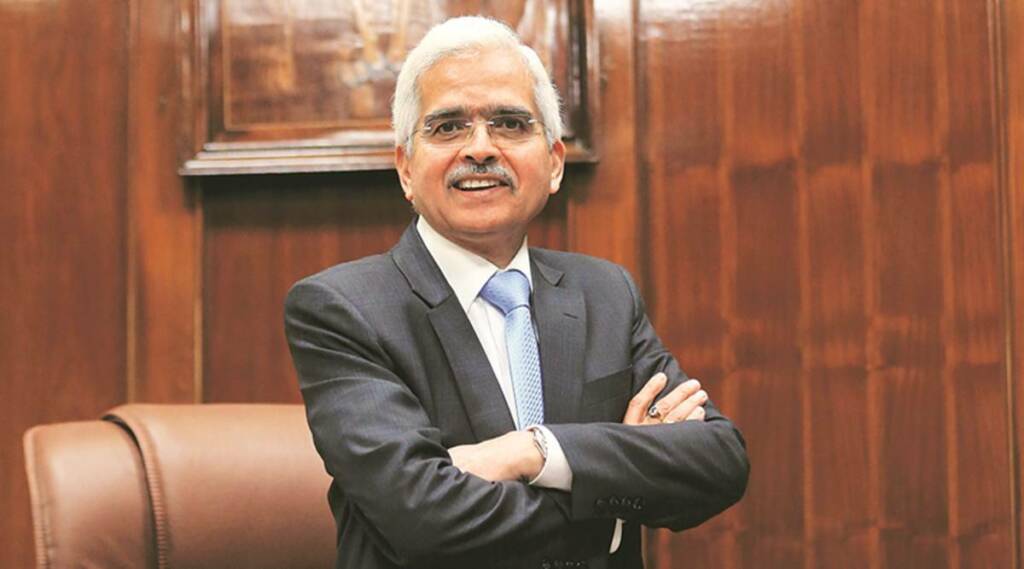In a step that would bring billions of dollars of easy loan to the union government and state government, the Reserve Bank of India has announced that it will allow retail investors to directly invest in government bonds (read government debts).
So far, only the scheduled commercial banks were allowed to invest in government bonds and they were the major source of government debt financing apart from the foreign portfolio investment in g-sec. In fact, the SCBs were mandated to invest at least one-fifth of the total deposit in the government bonds so that the governments (state and union) have easy access to debt financing.
For the first, the retail investors would have the opportunity to directly invest in government bonds. This would solve many issues at the same time. First, there would be plenty of money at the government’s disposal to finance capital expenditure. Given the fact that people of India trust the government more with their money compared to private firms, they would invest in government securities in large numbers.
Secondly, the government would not have to rely on foreign investors for loans. The foreign credit rating agencies like Moody’s, S&P keep the rating of developing countries like India and China low despite the minimal chances of default while the rating of the foreign governments, which have defaulted many times, is kept high. The rating agencies mostly have colonial attitudes and they want the western governments to have access to cheap loans while the governments of the developing countries pay billions of dollars for loans.
Thirdly, the scheduled commercial banks, especially the public sector ones, will be encouraged to give loans to private players instead of investing in government bonds to escape from the risk of giving loans to the private sector.
Moreover, there will be competition between the banks and the retail investors for the government securities and this will bring the rate of interest further down. If the government has the availability of cheaper loans, it will have more money to be spent on new projects.
Therefore, the decision to allow the retail investors in government bonds is a revolutionary step and this will not only reform the government finances but would have many other positive spillover effects. India is the third country after the United States and Brazil to allow retail investors in government bonds. “Allowing retail participation in the G-Sec market is a bold step towards the financialisation of a vast pool of domestic savings and could be a game-changer,” said State Bank of India chairman Dinesh Khara.
“This is a big reform in our view, but the uptake may only be gradual,” said Pranjul Bhandari, chief India economist of HSBC.
On the question of whether this will dry out the availability of money to banks and mutual funds, the RBI governor said, “As the GDP grows and the size of the economy grows, the total volume of savings and deposits will naturally expand. Banks have so many other functions and services which they render. So, we feel that it will not undermine the flow of deposits to banks or mutual funds. It is one more avenue that has been made available.”
With this revolutionary step, Shaktikanta Das would go down as one of the best governors in RBI’s history. Under his leadership, India’s financial markets are becoming more transparent and expanding at an exponential rate.
